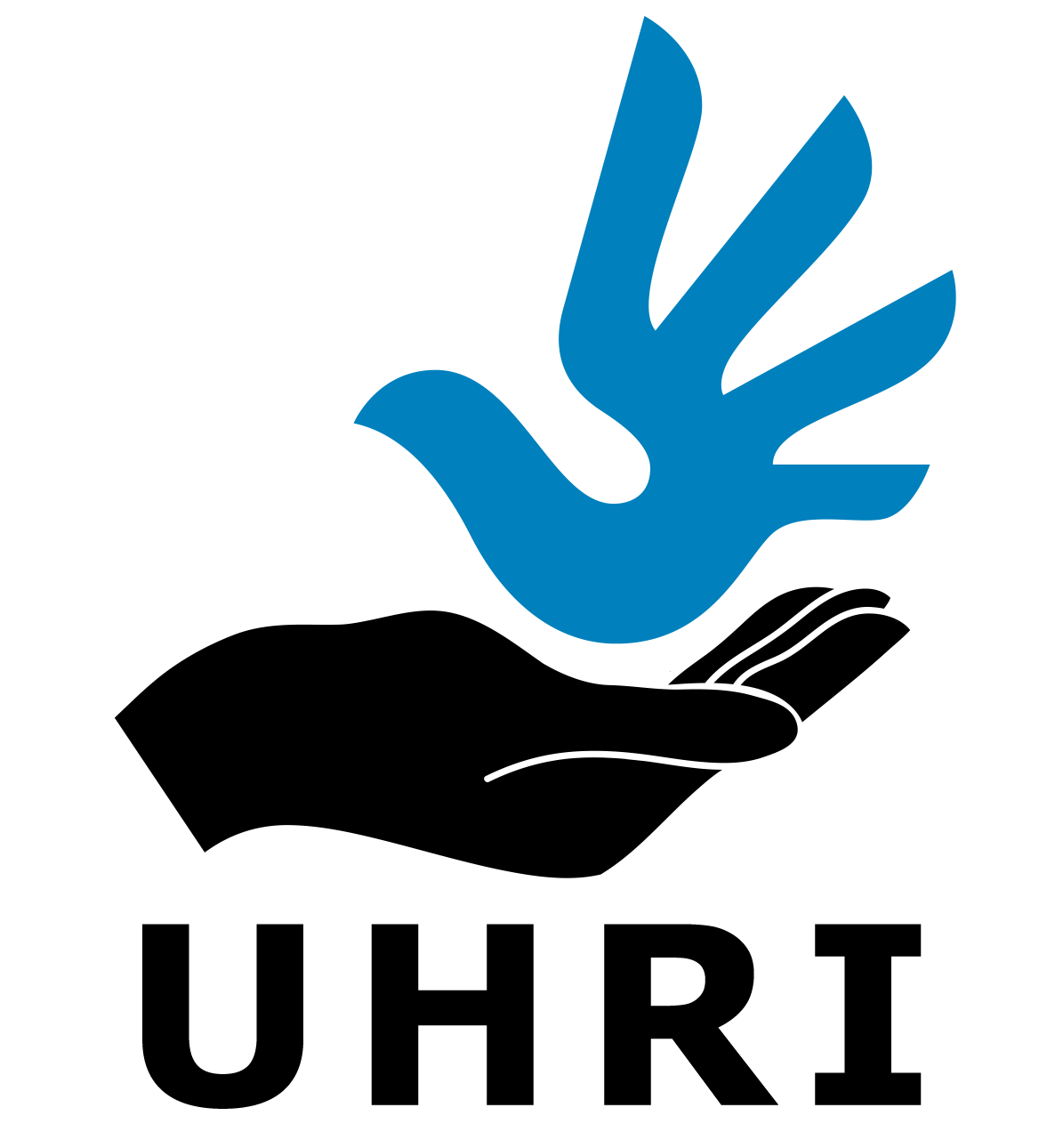
UHRI Dialogues in Higher Ed
to support professional development and community building for any role on campus!
Intergroup Dialogue is a well-researched justice inspired framework that brings people together from different backgrounds to learn from each other about while we explore important social issues. This 4[-stage model of dialogue can promote a culture of belonging where everyone feels valued and has the chance to contribute to their community. Offering dialogues on campus can help foster inclusion, critical thinking and expansive conversations among students, staff, and faculty.
We are part of a global community of people who believe that the world we want to create starts with the way we relate.
UHRI participated in a recent research study on Intergroup Dialogue Training for Faculty, Students and Staff across a multi-campus university system. After participating in our program, across participants, the study found
significant increases empathy for diverse individuals
higher comfort levels when participating in conversations related to topics of race/ethnicity, gender, and socioeconomic status
increased willingness and confidence in taking action for social change
UHRI offers Intergroup Dialogue workshops to support departments and individuals on campuses in promoting dialogue and intergroup relations among faculty, staff, and students. Long term, we believe that intergroup conversations where all voices are honored can untangle polarization and move through essential, difficult conversations.
“My university has made it a goal to not only speak of the need [for] inclusion ... but has also taken the necessary steps to achieve it. I further appreciate being included as a student and feeling my voice and opinions are validated by all in the room.”
Our interactive dialogues incorporate a four-stage model (developed at the University of Michigan, UCLA and other institutions) which promotes listening actively and self-reflecting on each other's experiences, engaging in difficult conversations, and exploring meaningful actions that we can take for ourselves and our communities.
Decades of research has shown that participation in intergroup dialogue increases participants’:
awareness of biases
self-reflective skills
comfort navigating difficult conversations and conflicts
These sessions will:
Encourage perspective-taking and empathic skills
Facilitate community- and trust-building
Provide communication and dialogue tools for engaging in civil discourse, especially when difficult discussions arise
Move beyond discomfort and navigate difficult discussions
Explore conflict as an opportunity for learning and growth
Facilitators will help participants to:
Build relationships across varied backgrounds
Explore commonalities and differences
Deepen participant understanding of systems of privilege and power
Expand awareness of our own roles in interpersonal, systemic and institutional oppression and liberation
Promote action planning and alliance building in order to create opportunities for team building, peer support and conversations outside of the dialogues
In addition to outcomes like improved comfort in navigating challenging conversations, motivation for getting more involved in your community, interrupting bias and taking action, participants will leave with handouts and further reading materials, connections to UHRI for future training and more.
Dialogue Sessions Available from UHRI:
-
Has there been a rupture on your campus? Are there topics that your department or group need to process together? Can you or your group benefit from listening and conflict resolution skills?
To take time to really build connections and work through issues, we offer a 9 session Intergroup Dialogue Experience suitable for up to 25 participants.
Each session is 2.5 hours, in order to deepenen conversations and allow time for group discussion and processing. Sessions can be blocked together or spread out over weeks and months.
In each session, we will advance the 4-stage IGD model, using our time together to practice active listening and conflict resolution skills while exploring topics that are most relevant to the participants in the room.
This series is for anyone seeking a new or renewed experience with intergroup dialogue. No previous experience is necessary.
-
Ten (10) 3-hour intergroup dialogue facilitation training sessions
In addition to all included in the general IGD sessions described above, and buiding in additional time, we will unpack the facilitation moves and strategies involved in the intergroup dialogue series
Participants will build on and strengthen their facilitation skills by practicing facilitating their own intergroup dialogue activities. They will receive peer and trainer feedback, as well as process ideas for their own future dialogue facilitation.
Participants will be provided with facilitation resources and sample activities to use upon completion of the series.
-
Individual 90-minute sessions for up to 25 people that can be offered to cover key themes that teams and communities are facing. Access to related handouts and future support from UHRI included. We will provide Intergroup Dialogue tools to address themes such as, but not limited to:
Difficult Dialogues
Conflict 101
Power dynamics
Implicit biases and microaggressions
Specific barriers to inclusion
Our roles in systems of oppression
Intersectionality
How to give and receive feedback using intergroup dialogue


